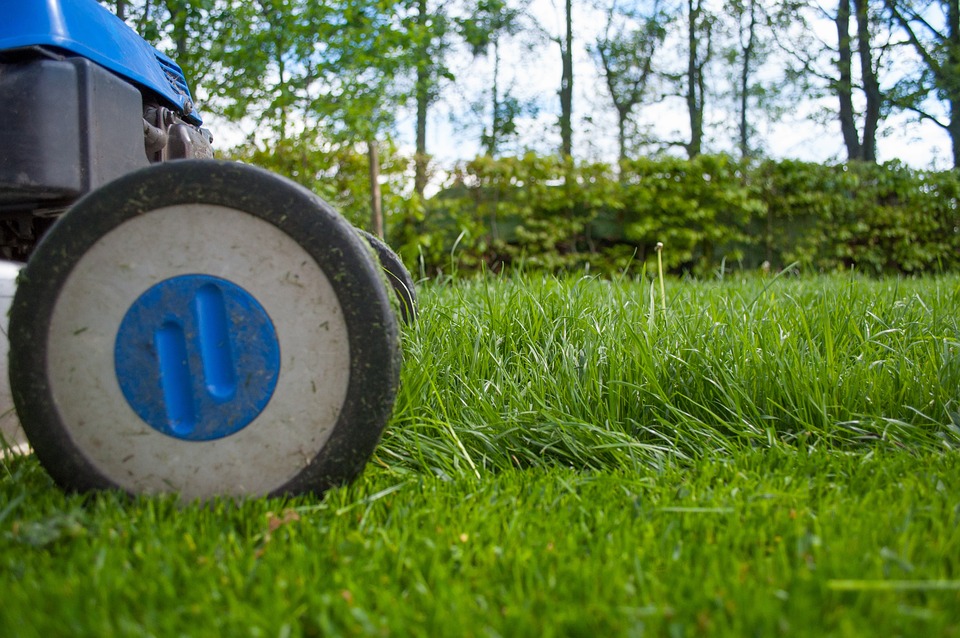Introduction
Having a well-maintained lawn not only enhances the aesthetic appeal of your property but it also offers some hidden benefits. From improving your health to positively impacting the environment, investing in lawn care pays off in more ways than one. Additionally, maintaining your lawn can significantly enhance the value of your property. Let’s delve into the lesser-known advantages of lawn care that go beyond the surface.
Enhancing Your Health
A well-kept lawn provides various health benefits. It serves as a green space right at your doorstep, offering numerous opportunities for physical activity and exercise. Whether it’s playing sports, gardening, or even just walking barefoot in the grass, spending time outdoors on your lawn encourages a more active lifestyle.
Moreover, a well-maintained lawn contributes to better air quality. Grass acts as a natural air purifier, trapping dust, pollen, and other pollutants that can exacerbate respiratory issues. By regularly mowing and caring for your lawn, you improve the air quality around your home, resulting in a healthier environment for you and your family.
Positive Environmental Impact
Taking care of your lawn also benefits the environment in significant ways. Firstly, grass helps combat the urban heat island effect, which is when urban areas experience higher temperatures due to the prevalence of concrete and asphalt. Lawns help to cool down these areas, reducing the need for excessive air conditioning and lowering energy consumption.
Additionally, a healthy lawn plays a crucial role in preventing soil erosion. The roots of well-maintained grass hold the soil together, minimizing erosion caused by heavy rainfall and wind. This, in turn, protects nearby water bodies from sedimentation, ensuring cleaner water for the ecosystem.
Beyond erosion control, lawns act as natural filters for rainwater. They absorb runoff, removing pollutants before the water reaches groundwater stores or in many cases, storm drains. By maintaining your lawn, you contribute to cleaner water sources and a healthier ecosystem overall.
Increasing Property Value
A beautiful, well-cared-for lawn can significantly boost the value of your property. When potential buyers or tenants visit a home, the curb appeal of a luscious lawn immediately attracts attention. A manicured lawn gives the impression that the property is well-maintained and cared for, increasing its perceived value.
In a competitive real estate market, having an attractive lawn can make your property stand out from the rest. Potential buyers are more likely to be willing to pay a premium for a home that offers an appealing outdoor space. Investing in lawn care is, therefore, a wise decision that can yield fruitful returns when it comes to selling your property.
FAQs
How often should I mow and maintain my lawn?
The frequency of lawn maintenance largely depends on the grass type and local climate. In general, lawns should be mowed once a week during the growing season. However, it’s essential to adjust the frequency based on the grass’s growth rate, taking care not to cut too much at once to avoid stress on the grass.
What is the best way to water my lawn?
Watering your lawn deeply and infrequently is generally recommended. Watering deeply encourages the grass’s roots to grow deeper, leading to a healthier and more resilient lawn. It’s best to water in the early morning or late afternoon, avoiding the heat of the day to minimize water loss due to evaporation.
How can I ensure my lawn remains weed-free?
Regular maintenance practices such as mowing at the proper height, watering adequately, and fertilizing appropriately can help prevent weeds from taking over your lawn. Additionally, removing weeds manually or using herbicides specifically designed for lawns can aid in weed control.
Are there any eco-friendly alternatives to traditional lawn care methods?
Absolutely! Many eco-friendly alternatives to traditional lawn care methods are available. For instance, instead of using synthetic fertilizers, you can opt for organic options. Additionally, consider using natural pest control methods and reducing the amount of water used for irrigation by employing smart watering techniques or even installing rain barrels to collect rainwater for future use.




